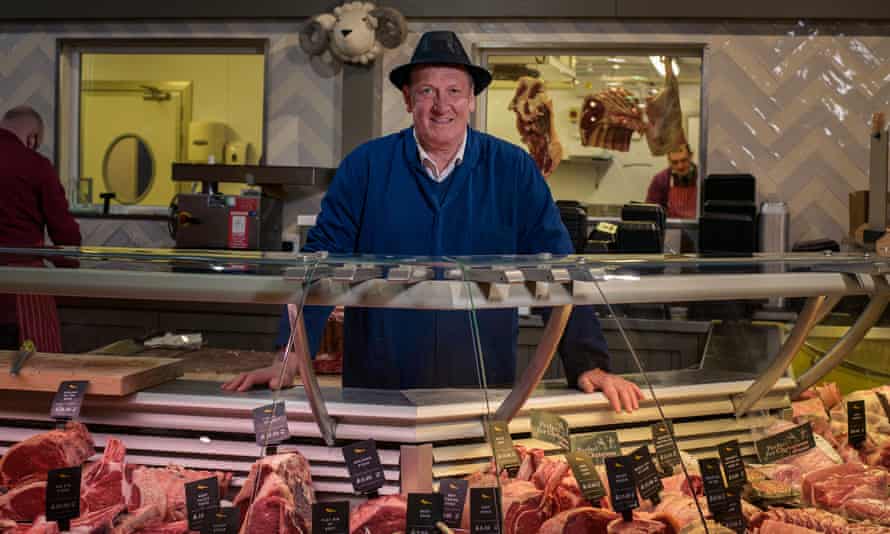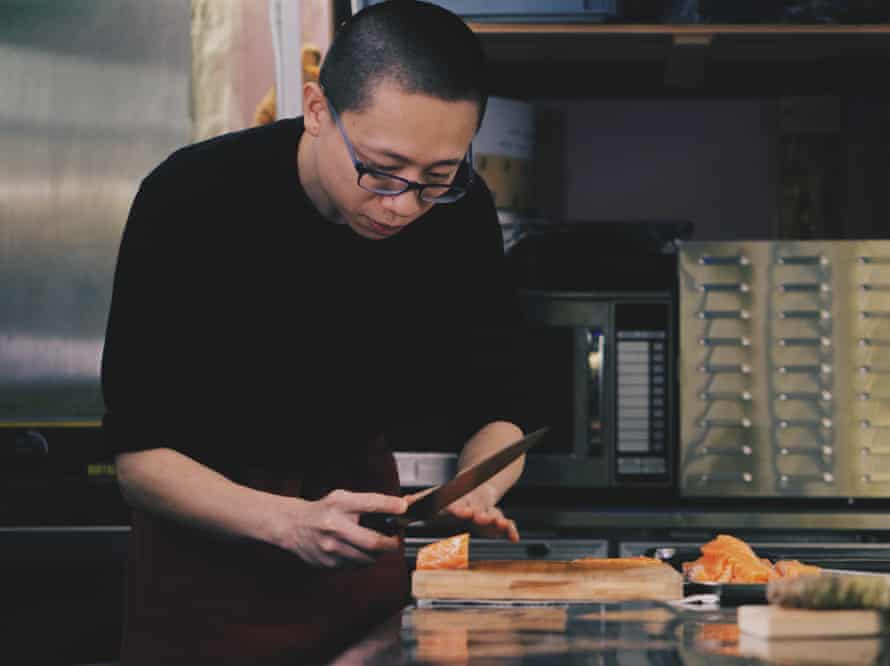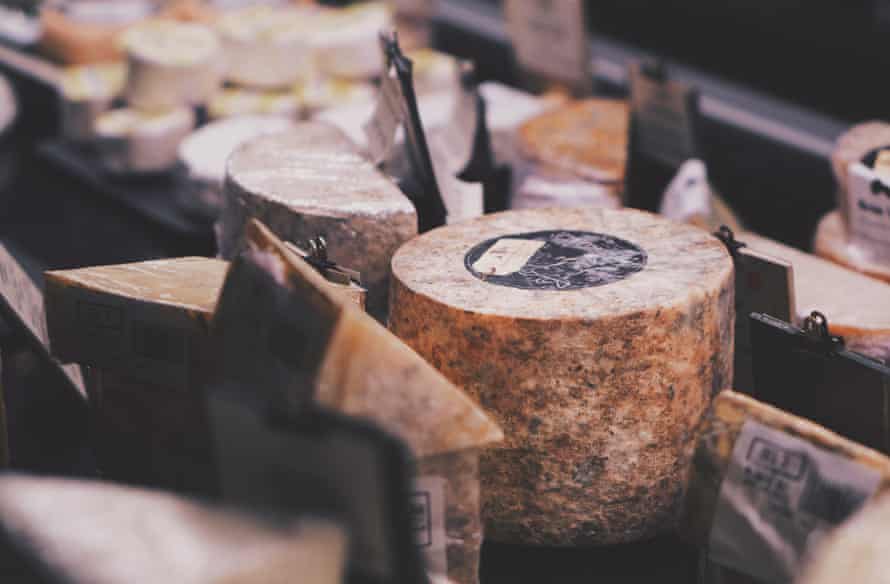Almost every day octogenarian John Dunning walks across his farmland to his triumph, Tebay Services, and wanders around aisles piled high with local produce.
Currently featuring in a four-part Channel 4 documentary, A Lake District Farm Shop, Tebay was the first, and remains the only, family-run motorway service station in the UK. With 4.5 million visitors a year, it is a lifeline for the local community who work and trade there.
Tebay has been leading the way since 1972, eschewing desiccated scotch eggs and fast food for proper hearty meals made from the finest ingredients. The comedian Frank Skinner said that if there is a road to heaven, Tebay would be the service station on that road.
Showcasing the stunning Lake District scenery and covering the stories of local producers and farmers, the series provides an insight into rural community life in Cumbria and its relationship to the wider world along the M6 motorway.
First to feature is the master butcher – the ruddy-faced Dave Morland. He selects all the meat sold at the services, with the lamb, hogget and mutton coming from the Herdwick sheep that were served at the Queen’s coronation.
Morland buys his prized sheep a year in advance from Richard Clegg, owner of the remote Tongue House Farm – who is so enamoured with his surroundings in the foothills of the Old Man of Coniston that he never feels the need to leave. “Preston is like going abroad,” he quips in one scene.
As soon as you pull off the M6 just north of junction 38, it is clear that this is not a regular service station – the signs asking drivers to slow down for the ducks in the road being the first clue.

Inside, picture windows bring in the surrounding landscapes and waterways. A farmshop stocked by the former buyer for Harrods, Alex Evans, sells everything from marmalade made in the kitchens of Dalemain House, a stately home near Ullswater, to ramen made by a Michelin-destined Chinese chef in Ambleside, and skincare by a City trader-turned-soap maker in Kendal.
There is also a kitchen that makes homemade dishes for the vast restaurant, an indoor and outdoor children’s play area, a 51-bedroom hotel and restaurant, a caravan park and a truck stop.
We meet some of the suppliers after the documentary preview screening held inside another one of the Dunning family ventures – the Rheged – a cinema, shop and community space built in an old lime kiln 16 miles from Tebay.
Butcher Morland lives and breathes the “nose to tail” ethos of the services’ butchery and its close relationship with the Dunning family’s farm. Minimising waste and respecting every part of the animal, Tebay even processes its own sheepskins.
“What drew me to the services is that it is not always about the highest margin – they put quality and provenance above profit,” he says.
For self-taught chef Bing Cao and his wife, Cara Ou, originally from Hong Kong, the services helped them survive lockdown. They opened Wabi Sabi, a small restaurant and shop in Ambleside in 2016. Cao, inspired by the Japanese philosophy of wabi-sabi – “nothing lasts, nothing is finished, nothing is perfect” – developed a deeply personal cooking style that celebrates local and foraged foods.

But when the pandemic struck the couple were forced to close their restaurant temporarily and look for alternative ways to earn a living. Cao started making sushi through the night and delivered it to homes across Cumbria. Now the couple have employed two people to help them. Cao speaks animatedly of his eureka moment to sell fresh sushi and ramen kits, using local ingredients including Herdwick mutton, at the services.
“I sent them an email and they came to my restaurant – they love it and now the whole country will be able to taste my food,” he says.

The services opened shortly after the M6 was built through the Dunnings’ family farm, and John Dunning saw an opportunity to diversify. The family now have two other sites – one in Gloucester and another in Scotland, and plans to open a fourth in Cheshire.
But Dunning remains inspiringly humble. Attending agricultural college as a young man, he recognised there would be a postwar recession in agriculture with a bleak future for hill farmers.
“We had been through these things before – at the end of the first world war, when farmers had a really hard time, and after the Napoleonic wars colossal changes also took place, so I knew that living in this part of the world we could only survive if we diversified the farm’s activities,” he explains.
Quality local food was at the forefront of Dunning’s vision when he opened nearly 50 years ago, but it is the people behind the produce and the enduring relationships that his family has with local artisans that he says gives his business heart.
“We are still a farming family, but we have managed to employ hundreds of local people – in Cumbria, that is significant,” he says.
His daughter, Sarah, is chair of the Westmorland Family, which owns and operates the services.
“As we’ve grown, we’ve realised how important that central principal of good food and supporting local producers is – our businesses are always champions of their place,” she says.




